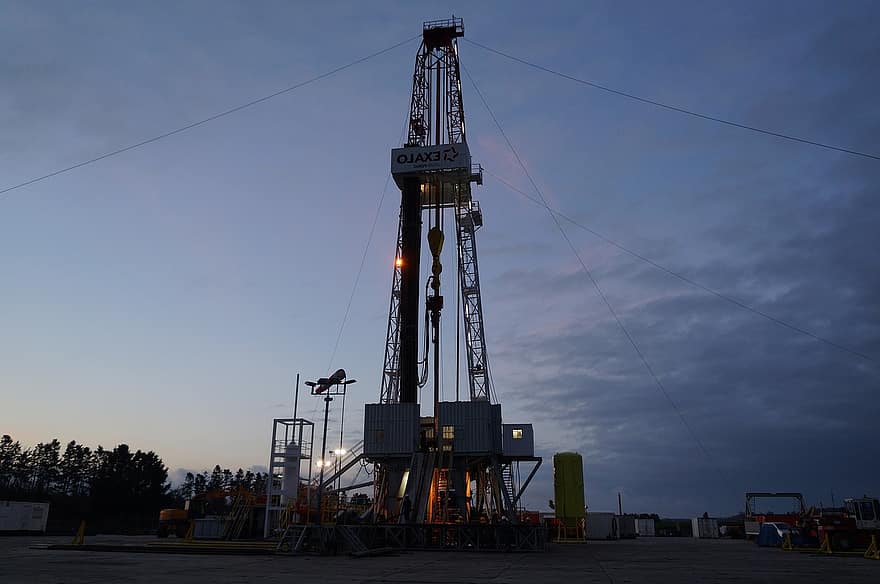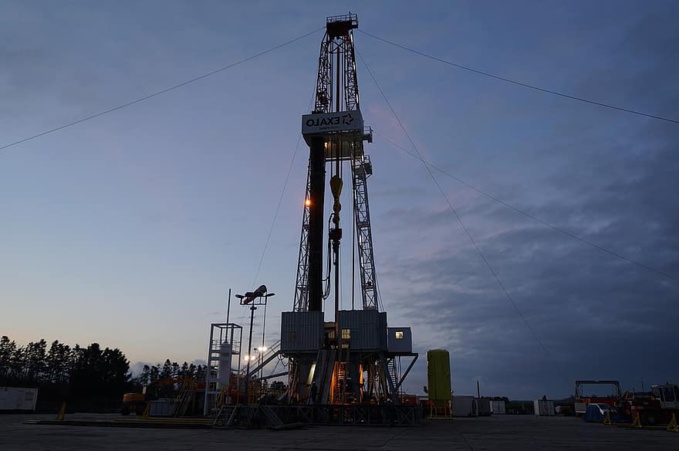Moody's research says that “the large-scale shocks that the markets have experienced from the coronavirus pandemic and the shutdown of the global economy in the first half of 2020 will have a lasting impact on the global oil and gas industry, disrupting the long-term structure of energy consumption in developed countries, and will also increase the volatility of oil and gas prices against the background of a gradual rebalancing of the market”. Speaking of oil and gas demand, Moody’s notes that “industry growth will slow due to greater uncertainty about future demand and changing regulations.”
At the same time, they believe that “the sphere of supply will stimulate a rebalancing of the oil market, which will require the OPEC + group of producers to maintain discipline in production for at least two years, so that demand recovers faster than supply.”
Agency analysts remind that in May 2020, global producers from OPEC + and non-OPEC countries reacted to a sharp decline in demand and prices by withdrawing from the market about 10 million barrels per day - this is about 10% of total world production in 2019... “As the demand for oil begins to recover, the global industry will have to deal with the record stored reserves of crude oil and oil products, which will slow the rebalancing of the market, - analysts said. - Volatility in oil and gas prices will remain high in the near future. However, in the medium term, we can expect a certain recovery and stabilization at $ 45-65 per barrel - in 2021 around $ 40 for WTI, and $ 45 for Brent.” At the same time, experts expect that some producers from non-OPEC countries are likely to resume production of shale oil when prices approach the $ 50 mark, which will only increase the instability of price recovery if demand grows slowly.
Moody’s separately notes that “lower prices by themselves do not stimulate the growth of demand for petroleum products due to the continuing oversaturation of the crude oil market” and everything will depend on the pace of global economic recovery.
Moody’s Vice President and Senior Analyst Martin Martin Fujerik believes that “the pandemic makes future oil demand more uncertain, increasing pressure on oil and gas companies, many of which will be forced to change their product range.” In his opinion, companies will have to look for new opportunities to revitalize their activities with a lower intensity of hydrocarbon emissions due to geographic diversification and diversification of products.
The analyst believes that the decline in transport activity and tourism in Europe and other developed markets will cause “turmoil” for regional refining operations, which will be compounded by increased government demands to reduce greenhouse emissions. For example, the state aid plan for Air France implies the reduction of a number of domestic flights by the carrier. Such changes will further affect the situation with stocks of a number of petroleum products, forcing companies to reduce refining, closing or re-profiling their European refineries.
source: moodys.com
At the same time, they believe that “the sphere of supply will stimulate a rebalancing of the oil market, which will require the OPEC + group of producers to maintain discipline in production for at least two years, so that demand recovers faster than supply.”
Agency analysts remind that in May 2020, global producers from OPEC + and non-OPEC countries reacted to a sharp decline in demand and prices by withdrawing from the market about 10 million barrels per day - this is about 10% of total world production in 2019... “As the demand for oil begins to recover, the global industry will have to deal with the record stored reserves of crude oil and oil products, which will slow the rebalancing of the market, - analysts said. - Volatility in oil and gas prices will remain high in the near future. However, in the medium term, we can expect a certain recovery and stabilization at $ 45-65 per barrel - in 2021 around $ 40 for WTI, and $ 45 for Brent.” At the same time, experts expect that some producers from non-OPEC countries are likely to resume production of shale oil when prices approach the $ 50 mark, which will only increase the instability of price recovery if demand grows slowly.
Moody’s separately notes that “lower prices by themselves do not stimulate the growth of demand for petroleum products due to the continuing oversaturation of the crude oil market” and everything will depend on the pace of global economic recovery.
Moody’s Vice President and Senior Analyst Martin Martin Fujerik believes that “the pandemic makes future oil demand more uncertain, increasing pressure on oil and gas companies, many of which will be forced to change their product range.” In his opinion, companies will have to look for new opportunities to revitalize their activities with a lower intensity of hydrocarbon emissions due to geographic diversification and diversification of products.
The analyst believes that the decline in transport activity and tourism in Europe and other developed markets will cause “turmoil” for regional refining operations, which will be compounded by increased government demands to reduce greenhouse emissions. For example, the state aid plan for Air France implies the reduction of a number of domestic flights by the carrier. Such changes will further affect the situation with stocks of a number of petroleum products, forcing companies to reduce refining, closing or re-profiling their European refineries.
source: moodys.com



















